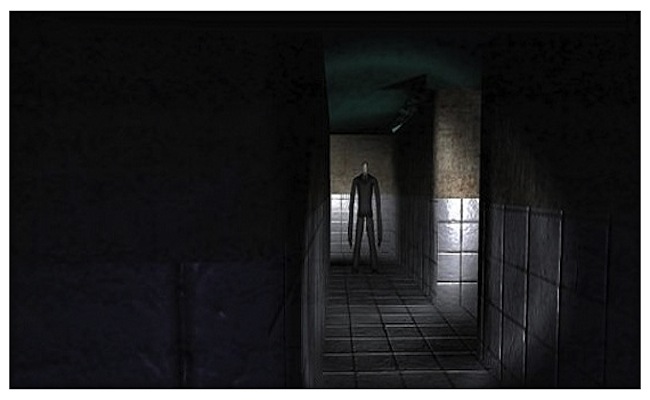As I found myself picking off decaying zombies in a dim graveyard in Resident Evil 6, I couldn’t help but flash back to the early days of my gaming career when not everything was about boat loads of ammunition and action heavy set pieces. It was a time long before games like F.E.A.R. combined horror elements into action games, creating the hybrid Action Horror genre that most horror titles adopt today. Survival Horror was still a thing, and gamers were still clambering for more games that relied heavily on pacing and the surrounding atmosphere. I felt a tinge of sadness wash over me as I thought back to the most recent years, where games like Silent Hill are finding themselves overshadowed by the action-heavy Resident Evil 5; and good Survival Horror is reserved mostly for independent developers and limited releases.
If the reviews of Silent Hill: Downpour are any indication of the evolution of gaming, then it should be safe to say that the days of enjoying slower paced horror are long gone. Having played through Downpour, I felt a sense of nostalgia for the Silent Hill games, and while they were praised for their efforts, Vatra’s crack at the desolate town seemed to be ostracized for mediocrity; a mediocrity that, almost 10 years ago, earned accolades.
Back in the late ‘90’s, Survival Horror was at its pinnacle. The pixilated environments of places like Silent Hill, Raccoon City, and Ibis Island provided for the perfect settings for pacing that horror titles required. Tacked onto the slower pacing was also the awful reality that the gamer wasn’t in control. Unless acquired through special means, the characters weren’t equipped to the max. Bullets didn’t drop from every downed foe and, sometimes, the horrific truth was that one had no way to defend themselves.
These days, we as gamers have driven it into the heads of the industry’s leaders that bigger is better. Faster is better. Let us get from point A to point B as quick as possible, but still deliver us a game that lasts a steady 20 plus hours. Survival Horror games of yore didn’t follow this formula. A good portion of game’s like Silent Hill and Dino Crisis revolved around walking; sometimes back and forth between the same area for at least a half hour. Outside of the original Dead Space, whose biggest apparent “fault” was the backtracking and slow pacing, this style of gaming has long been left behind.
That’s not to say good horror doesn’t exist in gaming, though. Titles like Alan Wake, Doom 3, and Dead Space 2 succeed in the psychological department, but even these A-list games rely on some varying sort of action elements to keep the gamer engaged. The tension that once was is lost in large set pieces, high powered (and well stocked) weaponry, and, as miniscule as it may seem, looser controls.
While horror is still an element very much so alive in gaming, the slow paced Survival Horror that we used to know has been sorely left behind. Games that adapt the classic horror feel like Slender and Amnesia: Dark Decent are reserved for a limited audience. The worst part about all of this? I’ve finally reached the age where the phrase “I remember when…” can be said on a regular basis.


0 Comments